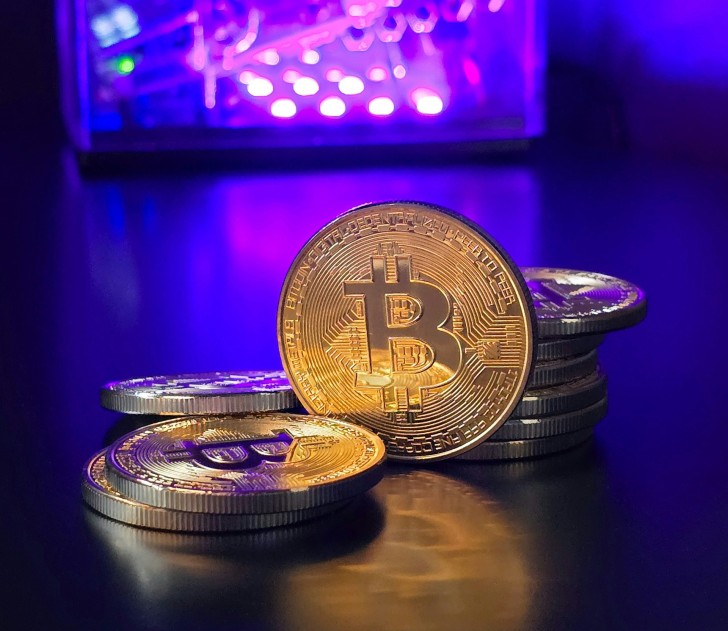After a day of monitoring markets, there is a strong appeal in getting clear results without waiting for the next candle or news event. A single round resolves in seconds, and the brain quickly starts to expect that rapid hit of certainty. The risk is that these games quietly shift from light entertainment into an emotional shortcut. Quick action becomes a way to chase excitement, relief or distraction rather than any rational expectation of return. At that point, the main driver is feeling, not math.
Under the Hood: How Bitcoin Gambling Games Actually Work
On platforms that feature a range of bitcoin gambling games, each round is built on simple mechanics. A random number generator decides the outcome within fixed rules, the house edge is baked into those rules, and over many rounds the average result is negative for the player. Volatility comes from how quickly and how often those bets can be placed, not from any changing edge in the game itself.
The design encourages frequent decisions. Short rounds, visible streaks and rapid feedback loops mean bursts of wins and losses arrive close together, creating the feeling of swings that might be tamed or timed. Even when odds and payout tables are transparent, emotions do not disappear. Clear percentages on a help screen do not stop overconfidence after a lucky streak or frustration after several losses in a row. The structure may be mathematically honest, but impulsive behaviour still sits on top of it.
Emotional Patterns on Display: Greed, FOMO, Tilt and “Revenge” Bets
Bitcoin gambling games put familiar trading emotions on fast-forward. After a loss, the pull to double down and “get back to even” can be intense. The mind frames the next round as a chance to erase the mistake rather than as a fresh, independent risk. When this chasing pattern sets in, position sizing stops following any logic; the only goal is to make the pain of losing disappear.
The opposite shows up after a few quick wins. A short lucky streak can feel like proof of special insight, even when every outcome is driven by random numbers. Risks that would have looked reckless a few minutes earlier suddenly feel safe. Boredom, background stress and anger add fuel to both sides of this cycle. Games and markets start to serve the same function: a place to dump emotion, not a space for clear decisions. Recognising that overlap is the first step toward changing it.
Emotional Risk Management: Lessons to Bring Back to Trading
The line between entertainment and work money has to be non-negotiable. A bankroll for games belongs in a separate bucket from trading capital, with clear rules that nothing crosses that wall. When losses in one area begin to influence behaviour in the other, overall risk management is already slipping.
Written rules make emotional limits concrete. A maximum loss per day, clear session lengths, mandatory cool-off periods after large swings and simple criteria for when to stop remove guesswork in heated moments. Crypto games can also act as a mirror. The same impulses that appear there – chasing, overbetting after wins, trading out of boredom – are likely to show up around charts too. Noting these patterns in a low-stakes environment provides early warning signs before they threaten a portfolio.
Keeping Volatility in Its Place: Turning Insight Into Daily Habits
Insights from fast games only matter if they change everyday behaviour. Simple checks before risking anything make a difference: current mood, level of fatigue, and the real motive for taking a risk. If the answer sounds like “to feel better” rather than “because this setup makes sense,” stepping back is usually the safer choice.
Life also needs balance between high-arousal activities and slower routines. Exercise, focused work, reading, time offline, and regular sleep all help the nervous system stay steady, so market swings and game results do not dominate the day. Bitcoin gambling fits best as a small, contained form of entertainment with strict boundaries on time and money. The discipline learned in keeping it in that box – clear rules, respect for odds, awareness of emotion – is exactly the discipline that protects capital in real trading decisions.
 Peter Smith
Peter Smith

 Peter Smith
Peter Smith


